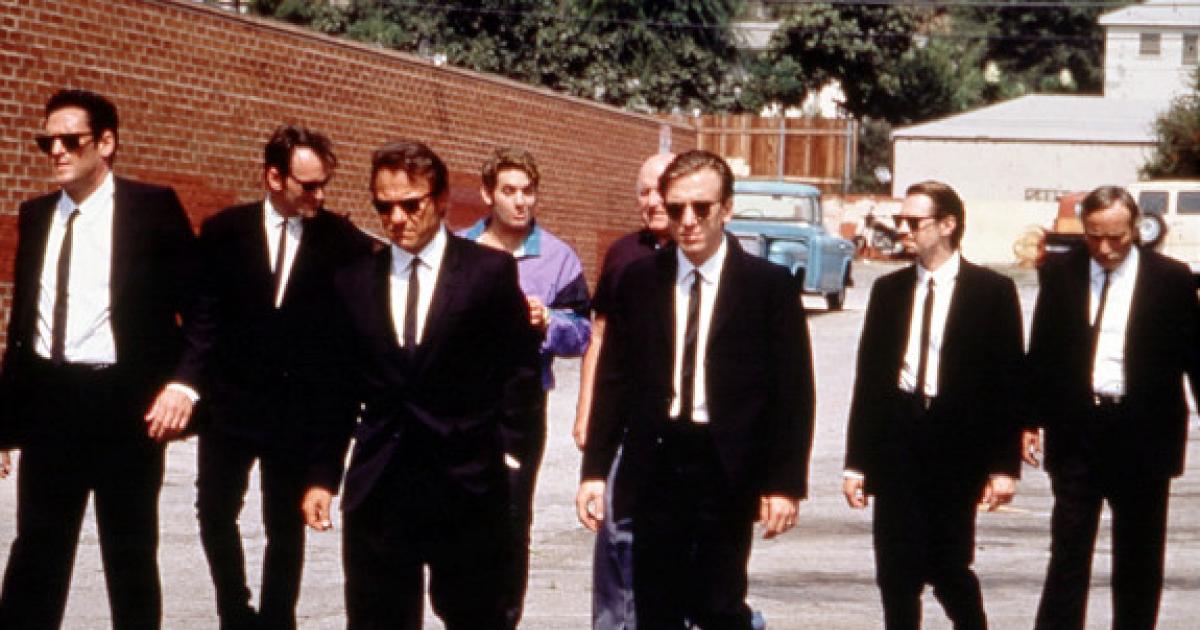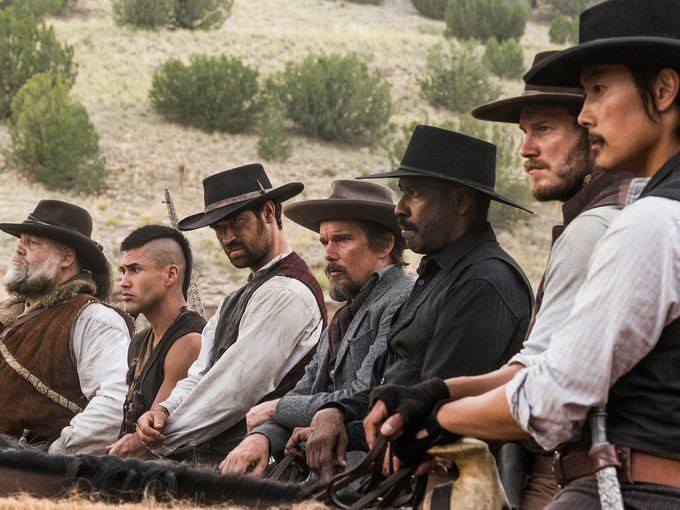This summer I’ve spent several hours in darkened theaters with conflicted men. Don’t worry, they’ve all been on the big screen. Between Richard Linklater’s fantastic Boyhood and Zach Braff’s well-intentioned Wish I Was Here, I’ve bore witness to a lot of subtle emoting … not that that’s a bad thing.
While Boyhood’s runtime is a bit off-putting (it clocks in at 165 minutes, or two and three-quarter hours)—even I was initially on the fence about checking it out now or waiting to watch it in installments once it hit VOD—rest assured it is time well spent at the movies. And though it sounds like a lie to say “you really don’t even notice the time,” it’s totally true. And the best part is, you get to watch 12 years of a young boy’s life unfold on screen, and somehow it’s all rather seamless.
There are no title cards to denote the passing of one segment of time to the next. What the audience is presented with is snippets of moments from a life, told in chronological order. Since Linklater filmed the movie in sequence, intermittently over a 12-year period, it’s interesting to watch the parental figures (played by Patricia Arquette and Ethan Hawke, two faces that audiences have been familiar with for close to two decades) slightly age over time. And it becomes fascinating to watch Ellar Coltrane (who plays Mason, the boy of Boyhood) grow and mature in the blink of an eye. From scene to scene I found myself eagerly awaiting the reveal of what place in time we were looking at in his life.
The movie starts off with Mason, a mere age six, and his sister living with their mother in Texas. Mason is a daydreamer and does everyday things that boys his age do: ride his bike, have adventures with his best friend (sometimes spraying graffiti, sometimes looking at Victoria’s Secret catalogues together). The mother, Olivia, is in a bad relationship, the guy just doesn’t understand what it takes to be a single parent and not be able to drop everything and go out at night when the babysitter bails. This sort of scenario will play out a few times again for the mom. She tends to have a “type” that she falls for. The family eventually has to move in with the grandmother in a different Texas town.
While the kids are waiting for a visit from their dad (the parents separated prior to the beginning of the story), what you think is going to become a “deadbeat dad who barely visits his kids” scenario doesn’t play that way at all. In fact, although separated, Ethan Hawke’s Mason Sr. is a constant presence in his boy’s life (or at least appears as a constant, seeing how we are only witnessing highlights of a life). But to be certain, when they are together for their weekends, Mason Sr. wants he and his children to truly interact. In one scene he pulls off the road to chastise his kids for giving him vague half-answers to his inquiries; he is a man who really wants to know how their weeks were at school, why an art project isn’t done yet, what is the project about, anyway? When the kids counter that they should also be able to ask him how his week has been he seems surprised, and yet pleased, that they are showing the presence of mind to counter his demand with their own.
Mason’s mother eventually starts dating her college professor, himself a divorcee with two children, and they marry, blending their families together. It seems like an idyllic life for a few years until inklings of the step dad’s casual drinking habit becomes full-blown alcoholism, sending Olivia and the kids fleeing with just the clothes on their backs. Their mom never seems to have the right answers, but that doesn’t stop her from picking up and trying again; constantly sacrificing to try and give her kids a good life.
When they’re with Mason Sr., whether at the bowling alley, sleeping over at his place for the weekend, or having a father/son camping trip, he always challenges them head-on, never talking down to them just because they’re kids. While bowling, he has a frank heart-to-heart with Mason’s mortified sister about whether or not she has a boyfriend, and whether or not they’ve had sex yet. He wonders aloud if Olivia has ever talked to the kids about this sort of stuff. It’s refreshing to see a character like Hawke’s Mason Sr. He clearly is absent for much of the day-to-day activity in his kids’ lives, but he’s respectful of his ex-wife and he’s determined to be as available as he can to his kids, even when Mason Sr. eventually remarries and has another child with his second wife. His unconditional love for Mason and sister Samantha never wavers.
Mason’s life evolves in interesting ways, which I won’t go into greater detail about, because it’s truly wonderful to watch this little boy grow into a young man with fresh eyes and without the anticipation of any spoilers or expectations. Yes, there’s puberty and drinking and sex and worrying about college; there’s a great scene involving a Harry Potter book release party (but that’s all I’ll say!); and there are touching moments between Mason and his dad, Mason and his mom, Mason and his sister after she’s shipped off to college. And much like in real life, when you can’t believe how time flies, and how your baby is now going off to college, this movie also goes by in a wonderful blink of an eye.
There’s one bit of dialogue that perfectly encapsulates the evolution of Boyhood (and this moment would have made for a great scene in Linklater’s earlier film Waking Life), from when Mason is sitting with a new acquaintance from school:
You know how everyone’s always saying seize the moment? I don’t know, I’m kind of thinking it’s the other way around, you know, like the moment seizes us.
Yeah, I know, it’s constant, the moments, it’s just—it’s like it’s always right now, you know?
Boyhood is currently in theaters and is rated R.














